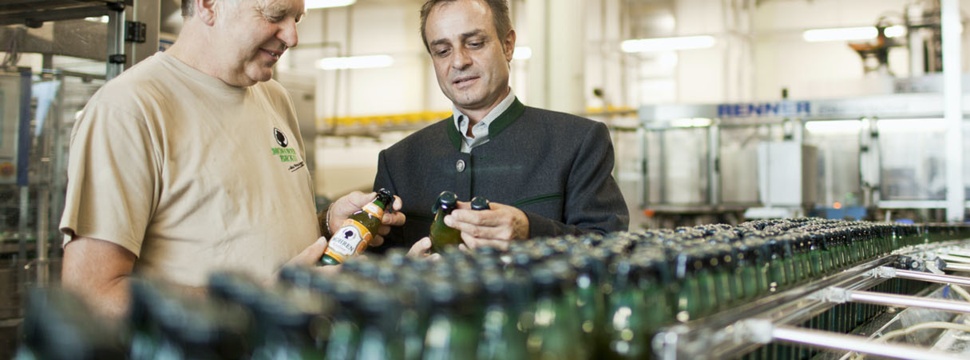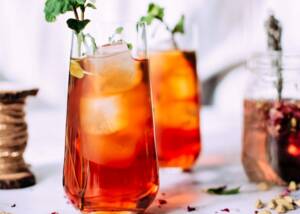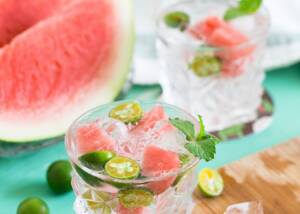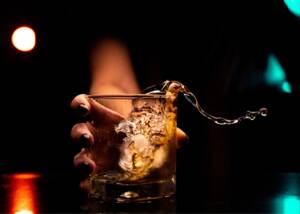Mohrenbrauerei removes PET bottles from its product range
News General news
After 20 years the end for plastic bottles is coming
In 2000, Mohrenbrauerei introduced beer in PET bottles. Now the disposable container is being removed from the product range. The main reason for this is the change in consumer behavior due to the critical discussion about plastic packaging.

The Mohrenbrauerei sells 97 percent of its beverages in returnable containers, 3 percent in aluminum cans, disposable glass and plastic bottles. Four varieties - Pfiff, Radler Sauer, Zitrone Naturtrüb and Grapefruit - were previously available in 0.33-liter non-refillable PET bottles. After more than 20 years, bottling in plastic bottles is now being discontinued.
Innovative container with image problem
In 2000, Mohrenbrauerei introduced beer in PET bottles, making it a pioneer on the Austrian market. Later, the bottle size was reduced from 0.5 to 0.33 liters and the closure was further developed several times. A dedicated machine was even constructed to seal the bottles.
"The critical public discussion surrounding plastic is leading to declining consumer acceptance. This also applies to our technically innovative PET bottle," notes Managing Director Heinz Huber. The prospect of a pandemic-related restrained carnival season also contributed to the decision of the traditional Dornbirn-based company. PET bottle sales were traditionally above average during the "fifth season".
"We originally introduced the PET bottle as a niche product for on-the-go or for events," explains co-managing director Thomas Pachole. In the future, the aluminum can will remain in the range as a lightweight, disposable container. Due to their good light protection and CO2 barrier - both of which ensure guaranteed beer enjoyment - cans are very well suited as lightweight disposable containers. Aluminum has a high collection rate. Recycling requires only five percent of the energy compared to new production. Aluminum can be recycled almost infinitely.
Innovation and need for action with reusable containers
Otherwise, the signs are pointing to reuse. Here, the Mohrenbrauerei is focusing on innovation. In 2019, the company introduced the world's first lightweight bottle made of glass, which saves 585 tons of transport weight annually and thus significant CO2 emissions.
"However, we also need to create awareness with reusable bottles through a higher deposit that empty bottles are recyclables and not waste," Huber emphasizes with regard to the government's planned introduction of a deposit on one-way bottles.










